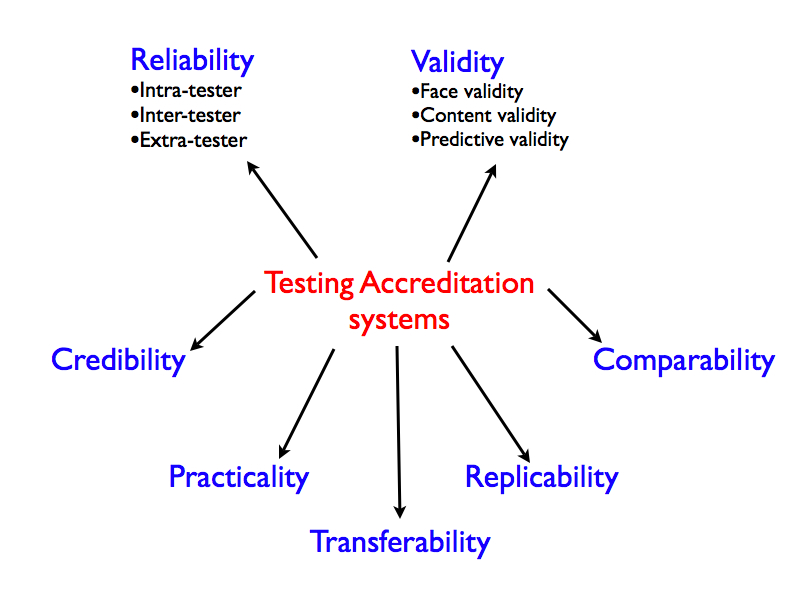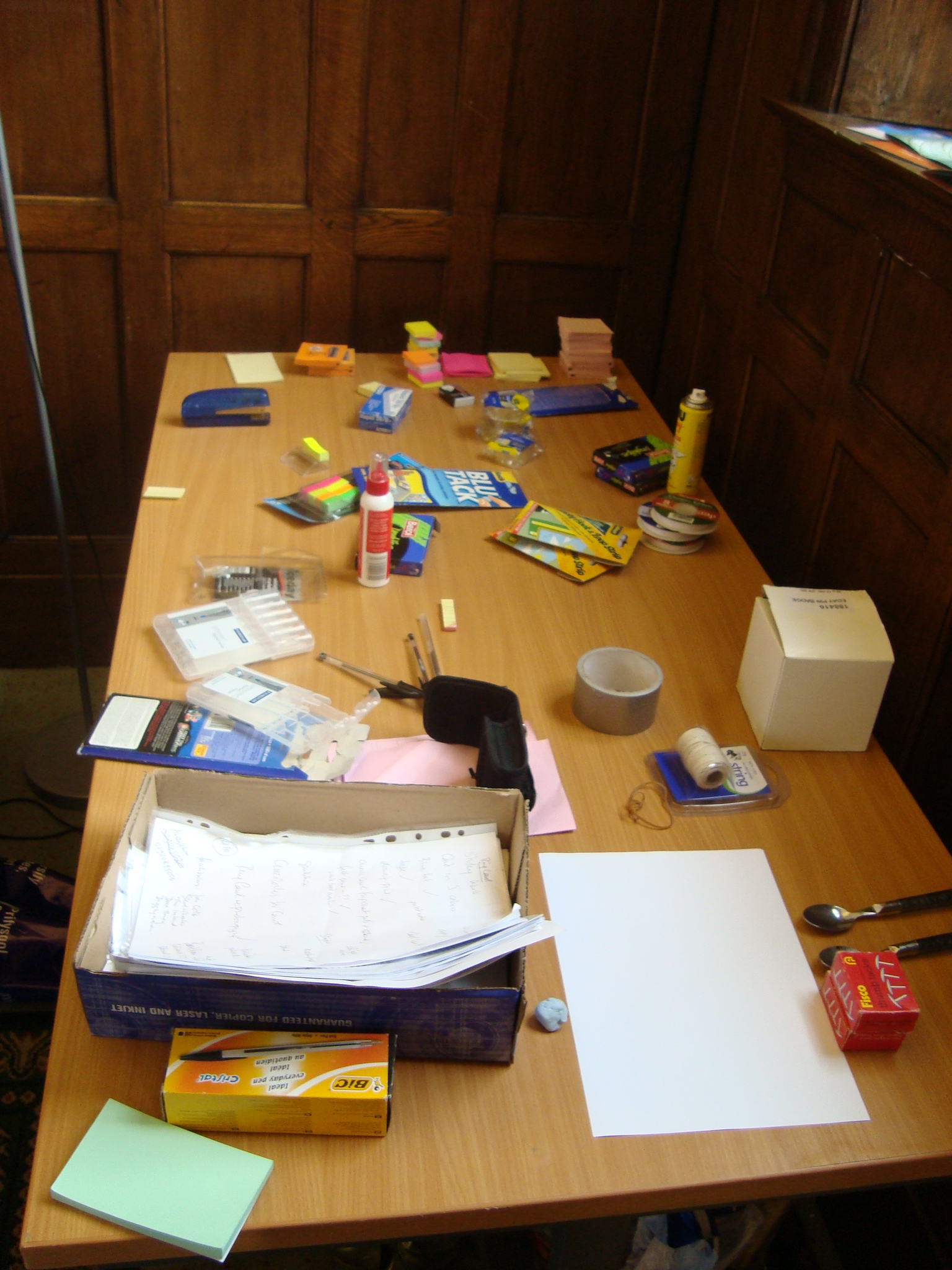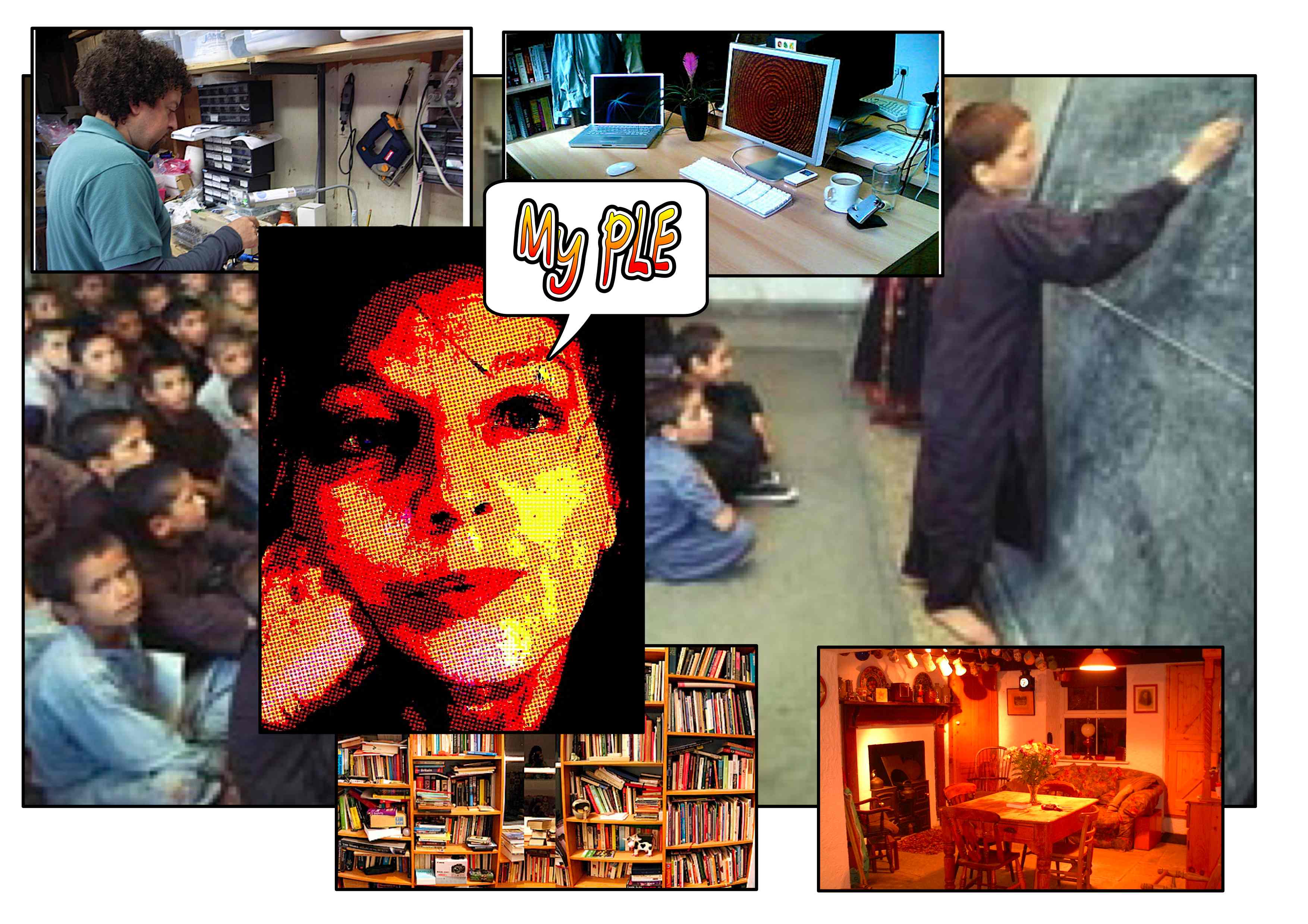Is instructional design dead?
Martin Lindner raises some important issues in a recent blog post.
“Even “e-Learning 2.0″ still seems to be discussed primarily from the perspective of institutions or organisations. But the Web 2.0 obviously is “user-centered”. Every This was the starting point for discussing “PLEs” (Personal Learning Environments) as opposed to LMSs (Learning Management Systems) and VLEs (VirtualLearinng Environments) that has been led by Scott Wilson, Leigh Blackall, Stephen Downes and many others in 2005.
The main point has been nailed by Leigh in his notorious “Die LMS Die! You too PLE!” blog post:
‘So while I whole heartedly agree with the PLE and Scott’s reasoning for rejecting the LMS/VLE, I can’t say I’m with them on their alternative. In my view, the VLE, LMS and PLE are the same. A suggestion that the Internet, and informal networked learning are not enough. That people still need to come to school to learn. That people need to distinguish learning from life, that people need to download and install an application that will solve their learning needs.’
The ultimate learning environment is “the Web” itself. But the Web conssits of a applications which trigger designed user experiences. That is the question: Is there room left for instructional design of any kind in a Web environment? And how can we help mainstream users with low “Web literacy” to exploit the new possibilities for their personal empowerment?”
I have to say I worry when I hear people talking about PLE applications. But Martin makes the point himself in asking how we can help users to exploit the new possibilities – although in my view it is not just users with ‘low web literacy’ but all users. For this we need tools though I have long asked whether they should be regarded as social tools rather than learning tools. And learners need support in developing their own Personal Learning Environment to make the computer do what they want it to do for learning. Also we need to open out learning resources to ensure that they can be utlised within a PLE.
Is instructional design dead? It depends I suppose on just what you mean by instructional design. Yes in the narrow meaning of the learning objects debates and in the heavily sequenced teacher controlled applications. But no if we are talking about designing materials to help people learn. Its just that more and more people are involved daily in instructional design and most of them without training themselves. Just witness the flourishing of videos on You Tube designed to show us how to do something!
One final comment. Martin says “The ultimate learning environment is “the Web” itself.” No Martin, the ultimate learning environment is the world around us – which of course includes the web. But it also includes people, books and our (physical) working environment. One big challenge for the future is how to ensure such an environment is rich with learning possibilities.




